While the Orban government is frequently accused of being anti-EU and anti-West, it should not be overlooked that its actions, lobbying efforts, and "pressure tactics" have paved the way for Croatia’s entry into the European Union. Budapest is the venue where the bloc's competitiveness declaration was adopted, and the Hungarian government has been a consistent supporter of the EU's continued enlargement. In fact, it was the Hungarian EU presidency that proposed, and the Council of EU Interior Ministers in Brussels approved, Romania's and Bulgaria's accession to the Schengen Area. And these are just some of the highlights.
Let's now focus on the significance of this "Eastern" — or more precisely, eastern and south-eastern — expansion. For historical context, on December 30, 2023, the European Council agreed to abolish border checks at shared internal air and sea borders with Bulgaria and Romania. Starting March 31, 2024, both countries will fully implement the Schengen regulations, eliminating checks at internal air and sea borders. Following this initial step, the Council was required to make an additional decision regarding the abolition of checks at internal land borders.
Under the aforementioned decision, land border checks between Romania, Bulgaria, and the existing members of the Schengen zone will cease as of January 1. For the two countries, this marks the realization of a dream nearly two decades in the making.
Because Romania and Bulgaria have been waiting since 2007 to join the unified, border-control-free European agreement. This agreement, initially a standalone treaty, has been part of EU law since 1999. Put simply, any country joining the EU must commit to fulfilling the Schengen requirements. Beginning in 2025, lengthy border checks — often lasting hours or even days — will be abolished. Additionally, Romanians and Bulgarians will enter the EU's unified visa zone and participate in judicial collaborations that facilitate law enforcement cooperation in combating crime across the EU. But the question of why this process took so long is completely justified. When Bulgaria and Romania joined the EU in 2007, it seemed that their Schengen accession would follow relatively quickly. However, the migration crisis and the pandemic caused repeated delays.
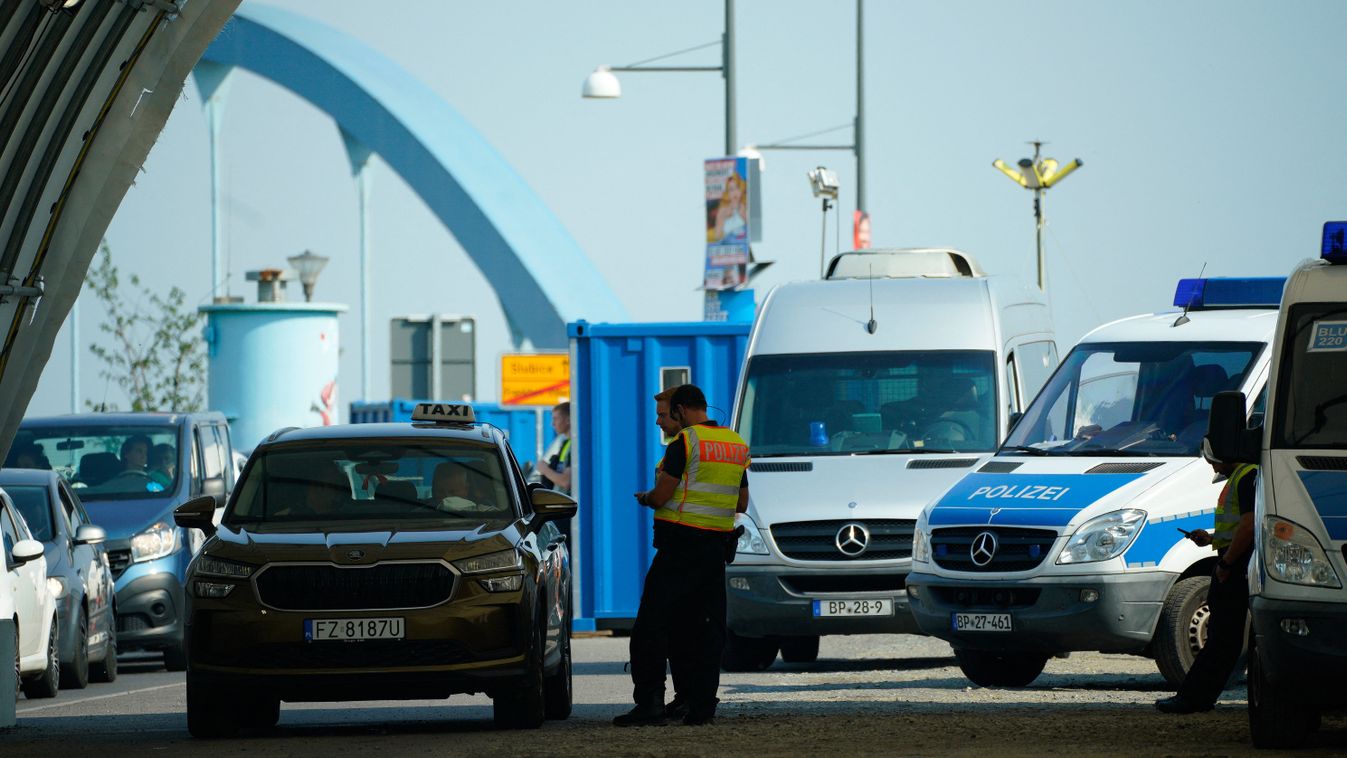


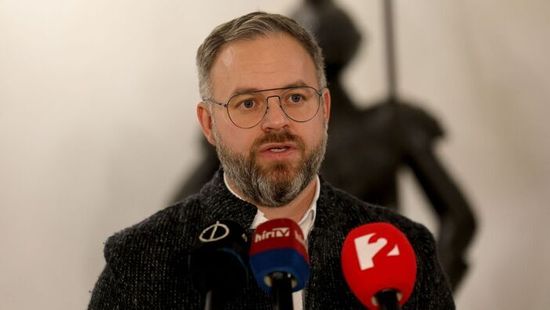


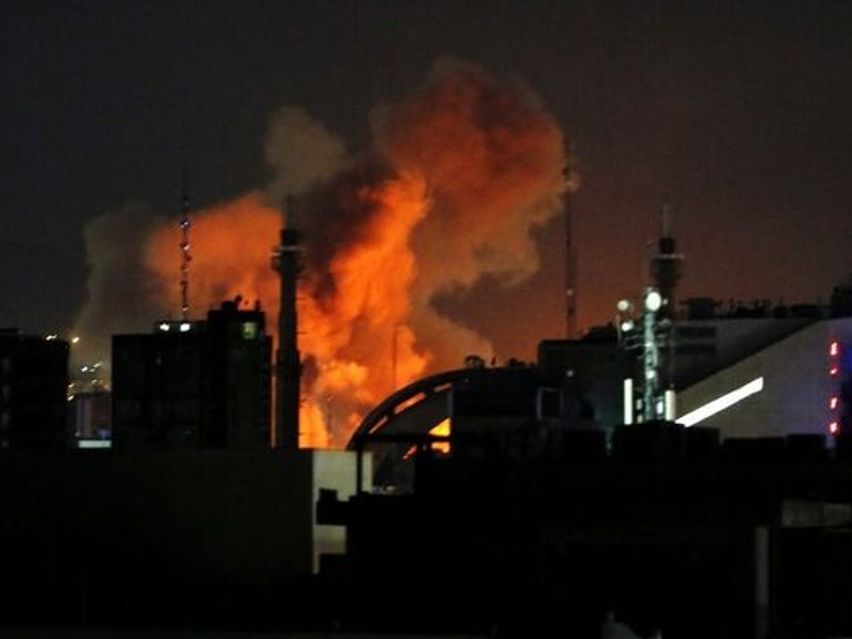


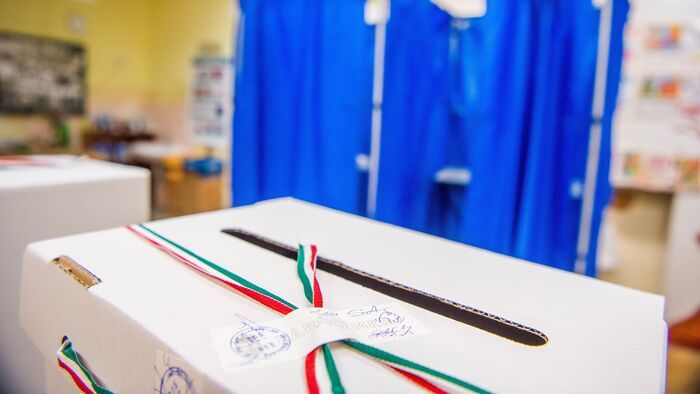




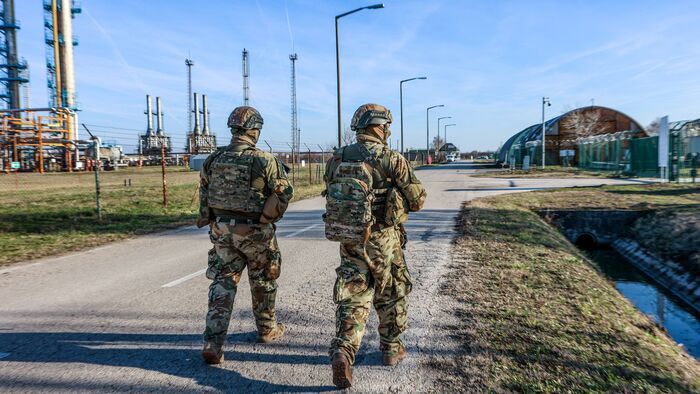








Szóljon hozzá!
Jelenleg csak a hozzászólások egy kis részét látja. Hozzászóláshoz és a további kommentek megtekintéséhez lépjen be, vagy regisztráljon!